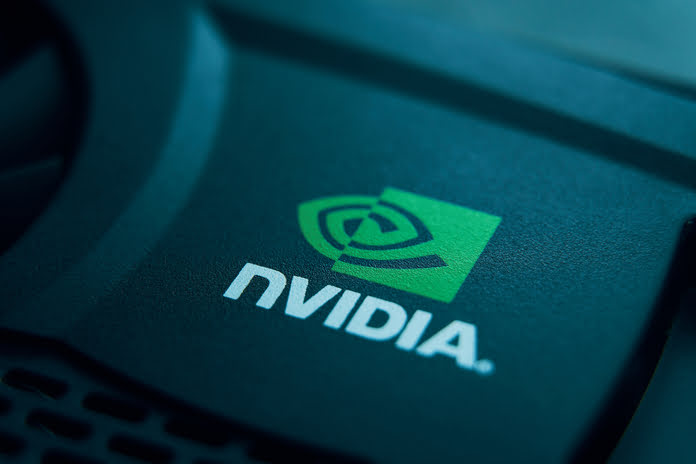Nvidia (NASDAQ:NVDA) saw its stock drop nearly 5% on Thursday, as investor concerns mounted over a potential slowdown in artificial intelligence (AI) spending. The market reaction came after Microsoft (NASDAQ:MSFT) indicated possible delays in receiving AI chips, which Nvidia supplies for Microsoft’s cloud-based AI operations. Broader semiconductor stocks were impacted, with the PHLX Semiconductor Index (^SOX) down more than 4%, reflecting investor uncertainty around the sector.
Microsoft and AI Demand Concerns Impact Nvidia Stock
Microsoft’s recent earnings report pointed to supply constraints affecting its AI cloud business, which relies heavily on Nvidia’s GPUs (graphics processing units). During an earnings call, Microsoft CFO Amy Hood noted that delays in data center construction and challenges in meeting GPU demand were impacting growth. D.A. Davidson analyst Gil Luria suggested that Microsoft’s announcement could signal potential delays from Nvidia, given the company’s role as a key supplier of AI hardware to Microsoft.
Broader Impacts on the Semiconductor Sector
The challenges faced by Nvidia echoed across the semiconductor sector, with rival companies also seeing stock declines. Advanced Micro Devices (NASDAQ:AMD) fell by 2.7%, Intel (NASDAQ:INTC) and Qualcomm (NASDAQ:QCOM) saw respective drops of around 3%, while Broadcom (NASDAQ:AVGO) declined by 4.5%. Arm Holdings (NASDAQ:ARM) experienced a sharper fall of nearly 9%. The semiconductor market’s volatility reflects investor concerns over both supply chain disruptions and a potential easing in AI-related demand growth.
Capital Expenditure Caution from Tech Giants
Other tech giants, including Alphabet (NASDAQ:GOOGL), have recently echoed caution on AI spending. Alphabet’s CFO Anat Ashkenazi indicated a balanced approach to future investments, signaling that while spending would continue, there would be no significant increases in the fourth quarter. This sentiment added to broader market concerns, with Alphabet, Microsoft, and other companies suggesting that the growth rate of capital expenditures in AI might level off in the coming quarters.
Advanced Micro Devices and Lowered Earnings Forecasts
Adding to investor concerns, Advanced Micro Devices recently reported quarterly earnings that fell slightly below expectations. AMD’s forecast for fourth-quarter sales came in at $7.5 billion, just shy of the $7.55 billion analysts had anticipated. The guidance was enough to trigger the largest single-day drop in AMD’s stock in two years, highlighting the sensitivity in the semiconductor market to any perceived slowdown in growth.
The Growing AI Spend – Yet a Slower Pace?
Despite these short-term concerns, tech companies continue to invest heavily in AI infrastructure. Microsoft’s capital expenditures reached $20 billion, nearly double the previous year, while Meta Platforms (NASDAQ:META) reported a 36% rise in expenses to $9.2 billion. Alphabet’s spending also surged, jumping 63% to $13 billion. Meta has already projected further “significant capital expenditure growth in 2025,” reflecting the industry’s ongoing commitment to AI.
Nvidia is expected to report its third-quarter earnings on November 20. Analysts predict Nvidia’s adjusted earnings per share will increase by 84% to $0.74, with revenue expected to climb 83% to $33 billion. Investors will be closely watching Nvidia’s report for insights into AI chip demand and any potential changes to its growth forecasts.
Future Outlook: Navigating AI Demand Fluctuations
While Nvidia’s recent stock drop reflects immediate concerns over AI spending and potential supply chain bottlenecks, the company remains positioned as a critical player in AI technology. Investors appear cautious, responding to hints of slower capital spending growth by AI-heavy companies like Microsoft and Alphabet. However, AI remains an essential area of investment for these firms, signaling that demand for Nvidia’s high-performance chips may continue in the longer term.
The semiconductor sector’s volatility highlights the challenges and risks inherent in high-growth tech sectors. As Nvidia approaches its next earnings report, the company’s outlook on AI demand and supply chain resilience will be crucial in shaping investor sentiment and setting expectations for the future.
Featured Image: Megapixl









